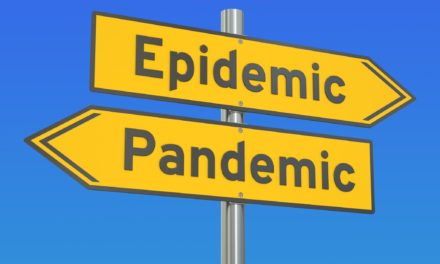We’ve all heard the old saw, “The only thing certain in life is death.” It’s wrong but catchy. Life is the only thing certain about life. Death, while inevitable, does not exist until it happens. There are many belief systems about death—we call them religious beliefs—but this blog is not about death, just the ethics of writing about death.
Ethics is moral decision-making. It is both a value and a norm. Value theory defines properties such as happiness and sadness that must be considered when making ethical decisions. Normative theory helps us use standards such as right, wrong, required, forbidden, or permissible. Do those norms apply to people not involved with death, not dealing with it, or afflicted by it? What about those whose only connection is to write about it? Are there ethical norms we should consider when we write about mass death, someone else’s death, premature death, and death shared by millions within a narrowly defined period of time? That kind of writing is deeply embedded today in print, multi-media, and digital environments at a scale not even imaginable five months ago.
We’re writing about death by a specific disease—COVID-19—as though it were new to our species. It’s not; our history is rife with plagues, contagion, and pestilence. The first writings about death by disease were scratched on cave walls. The ethics issue comes with civilization and at a price argued about over the millennia.
Death is vitality important because it leads to an understanding of both morality and mortality. It is important that writers keep morality in mind when writing COVID-19 stories. Is there such a thing as a “good death?” What are writers saying when they use the term “to die well?” What about “bad death?” Is it ethically permissible to label one death as good and another as bad? Is death ever timely?
When we say it’s inevitable, do we mean it? It’s not inevitable in the sense it will happen soon, or because of this or that disease, or even because we are in the middle of a global pandemic of historic dimension. It’s only inevitable in a mortal sense. Everyone dies, but writers should not use inevitability to describe death by COVID-19. Medically, it’s far from inevitable. Most afflicted with COVID-19 will not die—making it for them not the least bit inevitable.
Patients with advanced-stage COVID-19 will be writing Do-Not-Resuscitate directives to their caregivers. Physicians will be writing orders denying or taking patients off ventilators. Print and media reporters will be writing updates, reports, news flashes, and headlines about scarce medical resources being rationed. Politicians will be writing speeches about who did and did not rise to the occasion to help when help was most needed. Grieving families will be writing obits about deaths of loved ones that could have been averted if government had been more responsive sooner. And experts of all kinds will be writing second-guess tweets, texts, grudge email, and “it wasn’t my fault declarations.”
In sum, ethics of writing about COVID-19 death will challenge ethicists and behavioral scientists for decades in search of good news. We can only hope . . .






 I am an author and a part-time lawyer with a focus on ethics and professional discipline. I teach creative writing and ethics to law students at Arizona State University.
I am an author and a part-time lawyer with a focus on ethics and professional discipline. I teach creative writing and ethics to law students at Arizona State University.  My latest novel is Hide & Be.
My latest novel is Hide & Be.  If you have an important story you want told, you can commission me to write it for you.
If you have an important story you want told, you can commission me to write it for you.